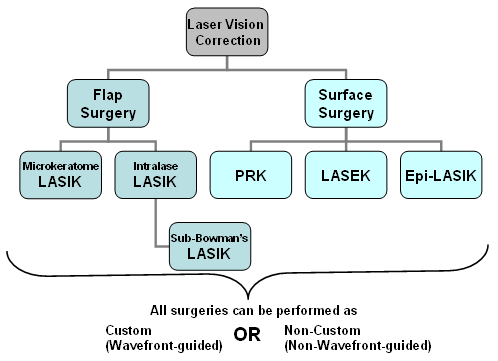The Conclusive Frequently Asked Question On Refractive Lens Exchange: Trick Insights You Must Recognize
The Conclusive Frequently Asked Question On Refractive Lens Exchange: Trick Insights You Must Recognize
Blog Article
Short Article By-Hunter Rodgers
If you're considering refractive lens exchange, you probably have a lot of questions. This treatment can transform how you see the world, providing benefits like decreased dependence on glasses. Nevertheless, it's essential to understand the process, dangers, and who certifies as an excellent candidate. Allow's discover these crucial facets so you can make an enlightened decision regarding whether RLE is right for you.
What Is Refractive Lens Exchange and How Does It Work?
Refractive lens exchange (RLE) is a procedure created to change your eye's all-natural lens with a man-made one, dealing with vision problems like nearsightedness, farsightedness, or presbyopia.
During the treatment, your surgeon makes a tiny cut in the eye, removes your all-natural lens, and inserts an intraocular lens (IOL) tailored to your vision needs. This outpatient surgical treatment normally takes around 15 to half an hour per eye and is done under neighborhood anesthetic.
You'll likely see enhancements in your vision virtually promptly, though complete healing may take a few weeks. RLE is particularly useful for those over 40 or with high prescriptions, using a durable option contrasted to glasses or contact lenses.
Your eye treatment professional can help identify if RLE is right for you.
What Are the Advantages and Threats of Refractive Lens Exchange?
Picking refractive lens exchange can result in significant improvements in your vision, but it is very important to evaluate both the advantages and dangers before making a decision.
On Cataract Treatment Raleigh , this treatment can enhance your vision by correcting concerns like presbyopia, myopia, and hyperopia. Many patients enjoy reduced reliance on glasses or call lenses, which can considerably enhance their lifestyle.
However, https://www.optometrytimes.com/view/new-data-in-anterior-segment-laser-surgery to consider prospective risks. Difficulties can include infection, glow, or halos around lights.
There's additionally a possibility of overcorrection or undercorrection, which might need added procedures.
That Is a Perfect Candidate for Refractive Lens Exchange?
If you're considering refractive lens exchange, it's important to know whether you fit the profile of an excellent prospect. Normally, you might be a good candidate if you more than 40, experience presbyopia, or have high levels of nearsightedness or farsightedness.
It's likewise essential that your vision is steady, meaning your prescription hasn't transformed significantly in the past year. If you have cataracts or other eye conditions, you might gain from this treatment too.
Nevertheless, particular aspects, like unchecked diabetes mellitus or autoimmune conditions, can invalidate you. To identify your candidacy, speak with an eye care expert that can examine your details situation and advise the best course of action tailored to your needs.
Verdict
In conclusion, refractive lens exchange can be a transformative option for improving your vision, specifically if you more than 40 or have a high prescription. While the advantages are considerable, it's critical to consider the risks and seek advice from your eye treatment specialist to establish if you're an optimal candidate. With the right info and guidance, you can make an educated choice and possibly appreciate a life with lowered reliance on glasses.
